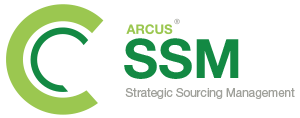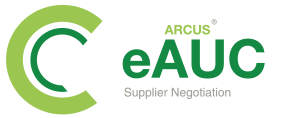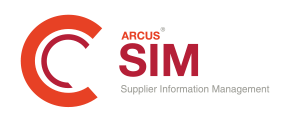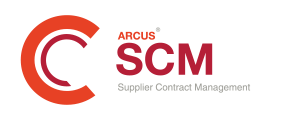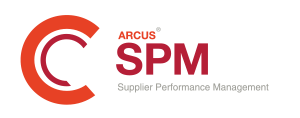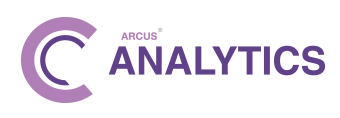Start your Sustainable Procurement with a Comprehensive Source-to-Contract Solution
Do you need to help to drive sustainable procurement? We know that procurement departments must source sustainably, and they’ll need the help of the sustainability professional to do it. However, it’s difficult to gain insights into supply base environmental compliance and monitor progress.
With ARCUS®, collaboration between the two departments is simplified by the cloud-based nature of the system. This allows any stakeholders involved in sustainable procurement to access supply base sustainability data, whilst intelligent branching questions allow you to gather deeper levels of data on sustainable commodities.
Sustainability professionals can verify the practices of companies across their supply base, whilst enhancing transparency. This provides you with the required knowledge to meet targets while reducing risk to brand reputation by ensuring supplier compliance.
ARCUS® Supplier Management Software empowers sustainability professionals with software to streamline vital supplier environmental, social and governance (ESG) due diligence. Supplier environmental activities are centralised within one visual location, so any problem areas can be easily identified, and progress made towards a sustainable supply base.
Why ARCUS® for Sustainability Professionals?
- Get the best sustainable procurement practices in place
- Verify supplier documentation with artificial intelligence
- Gather data from integrations with official third-party sources
- ESG question banks help you gather the information you need
- Assess supplier alignment with sustainability targets
- Visualise supplier sustainability progress over time
- Gain oversight over supplier targets

